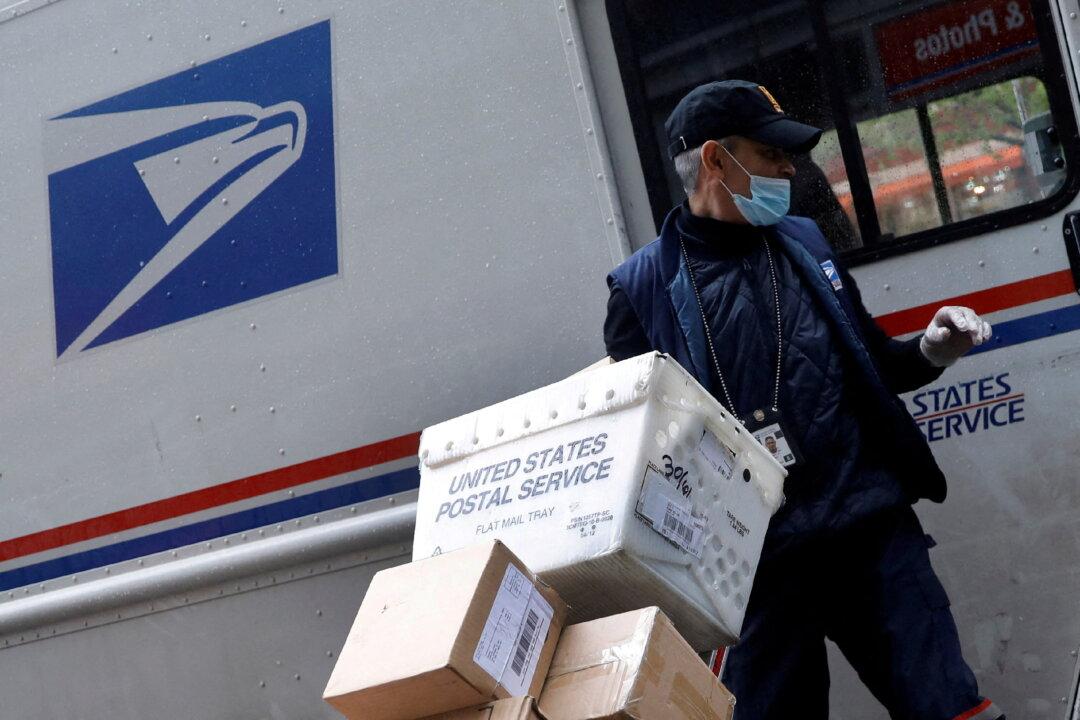House Democrats on Tuesday rejected a request from Republican lawmakers to gather more information about the alleged surveillance of conservatives and gun rights advocates by the U.S. Postal Service.
The resolution failed along party lines by a vote of 23–18 during a House Oversight and Reform Committee meeting,




